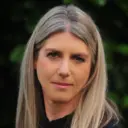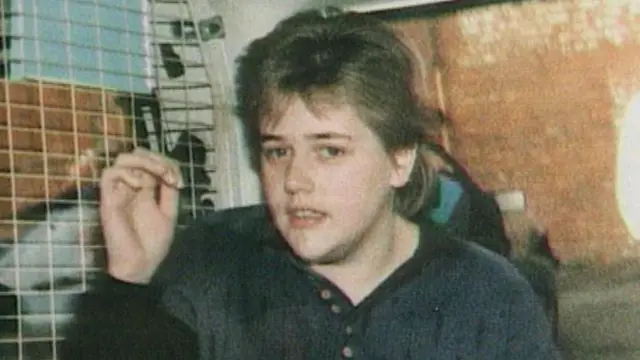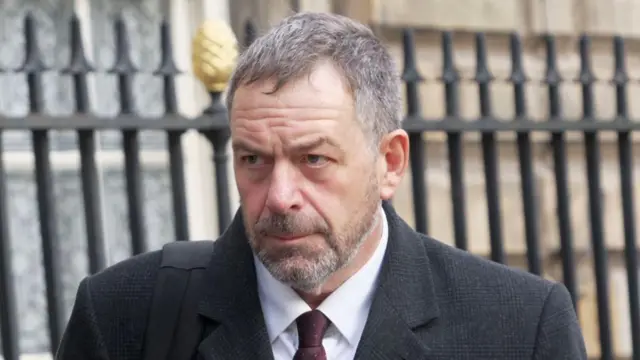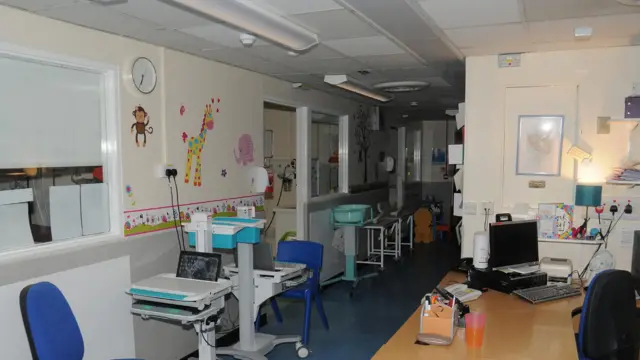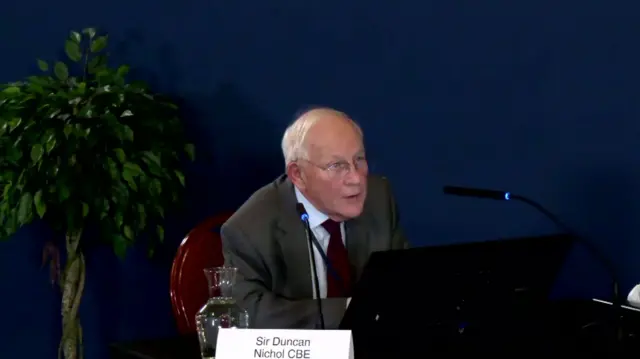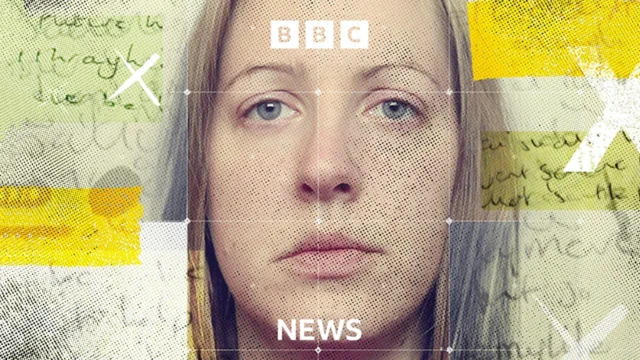Letby hospital boss accepts 'failure' over babies' deathspublished at 16:11 GMT 2 December 2024
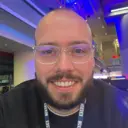 Alex Smith
Alex Smith
Live reporter
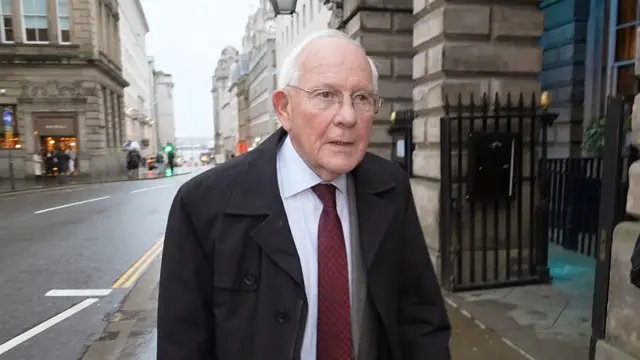
Sir Duncan Nichol - the former chairman of the Countess of Chester Hospital - has finished giving his testimony to the Thirlwall Inquiry into how the hospital handled Lucy Letby's case.
He has apologised for the "unimaginable grief for the families whose babies died", and on multiple occasions he said the hospital had "failed" to keep babies safe in its care.
The former chairman says he apologised to doctors in 2017, soon after the police investigation began, for not intervening sooner. Consultants in Letby's department had been raising concerns about a rise in baby deaths for months before the police were called to investigate.
In June 2016, one doctor warned a board meeting the hospital was in "a Beverley Allitt / [Harold] Shipman situation". At that same meeting the clinical lead on Letby's unit said it would remain unsafe unless she was moved.
Nichol had been leading the NHS Management Executive at the time of Allitt's conviction - another nurse found guilty of killing those in her care - but says the case and its recommendations were not "in the forefront" of his mind.
A few weeks later, another doctor on the ward called suspicions over Letby the "elephant in the room" - but Nichol says the hospital's then-medical director had "drawn our attention to the possibility that multiple factors" lay behind the rise in baby deaths.
For more on what has been said across the dozens of hearings at the inquiry so far, listen to Lucy Letby: The Public Inquiry on BBC Sounds.
We're ending our coverage now, but you can read our summary of Sir Duncan Nichol's evidence in our main story.
This page was edited by Emily Atkinson. The writers were Judith Moritz, at the inquiry, Alex Smith and Adam Goldsmith.
